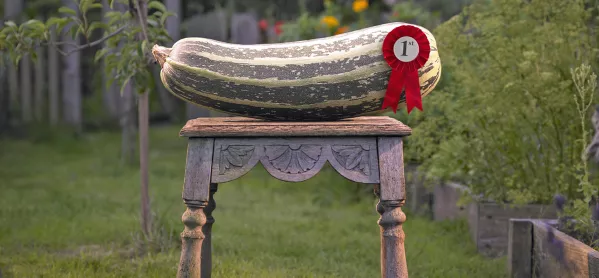I have a pretty poor memory.
I recently had to admit, for example, that I cannot remember what my husband and I had as our first dance on our wedding day.
I can, however, still clearly remember the best lesson I ever saw (clearly I have my priorities straight).
Quick read: How ‘real science’ inspires pupils into Stem careers
Quick listen: 3 myths about project-based learning
Want to know more? How can teachers promote skills transfer?
I have had the privilege of sitting in lecture theatres across the country, listening to and learning from the “big names” of education.
But none of them taught me as much about improving my teaching practice as a particular Year 1 maths lesson.
The objective was to teach the pupils how to use a ruler to measure in centimetre intervals.
The lesson started with the children recalling their learning from the day before. They had been using snakes (not real ones, thankfully) to measure each others’ height.
It turned out that little Jimmy was two snakes tall, yet littler Bobby was five snakes tall. Understandably, these children had questions. If Jimmy was clearly taller than Bobby, why was his number of snakes higher?
One of them pointed out that the snakes they were using were different sizes. What they needed to do was to use something the same size.
And just like that, the children understood the need for using consistent units of measurement.
Learning links
After this had been discussed, the teacher showed them a strip of paper that was 1cm wide. They spoke about the word centimetre and made the link to the word centipede. I smiled.
Each child was given a 1cm strip of paper. They were asked to measure a partner’s hand with this strip. They dutifully gave it their best shot (while I mentally gave a thumbs up to the teacher for allowing them to demonstrate resilience).
They made a good attempt at coming up with some answers, but when the teacher asked them what was hard, they said it was hard doing it 1cm at a time. The teacher agreed and explained that this was why people had come up with a solution.
Under the visualiser, she put several 1cm pieces side by side and taped them together. This, she told them, was a measuring tape or a ruler. The pupils spontaneously clapped at this. I smiled again.
Try, try, try again
Then came the crux of the learning: the nitty-gritty of the skill, which, as all of us in primary know, needs to be practised, practised and practised again.
The teacher was busily working her way around the room, checking in on each child to ensure they had lined up their ruler properly.
So, what was it that I learned from this lesson? It was the level of thinking that went into breaking down, demonstrating and explaining the concept of measurement.
It was the linking of language with concepts that children understood.
It was the explanation of human inventions to solve problems.
It was the simple design of the activities. It was the depth of thought that had gone into that designing, working backwards from where the teacher wanted the pupils to be in terms of their knowledge and skills.
After the lesson, I spoke with the teacher about where she had come up with the idea for this and why she hadn’t just taught the objective without the background.
“I want them to know how to use a ruler,” she explained, “but sometimes it is not enough to know how to do something. Sometimes you need to know why.”
I smiled again.
Ruth Luzmore is head of St Mary Magdalene Academy in London




